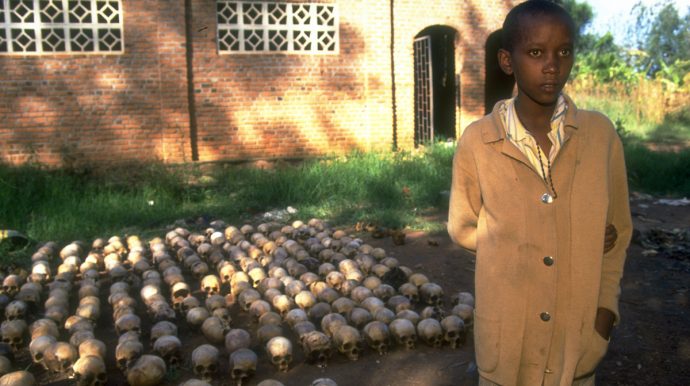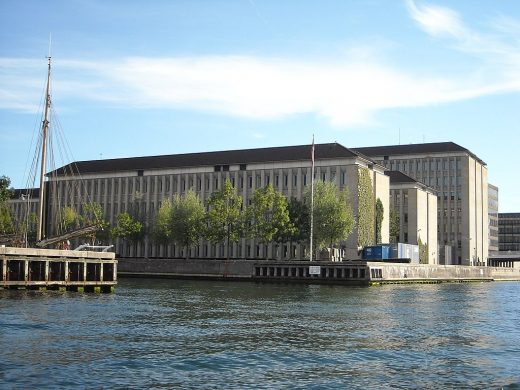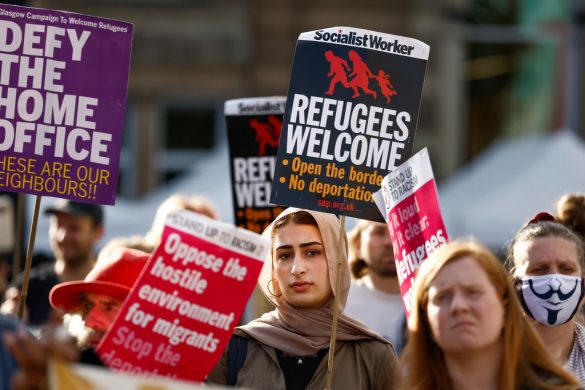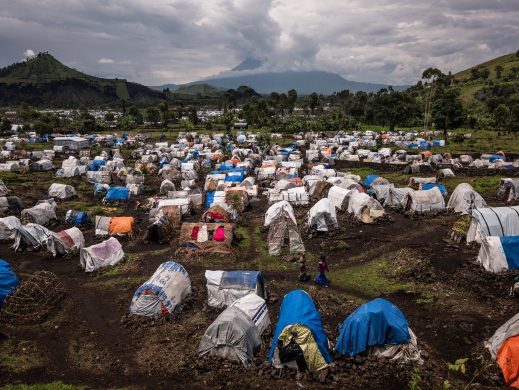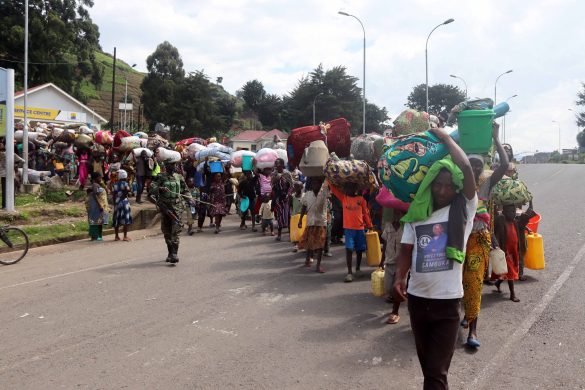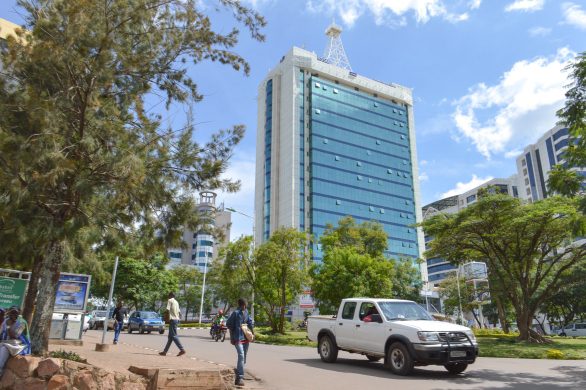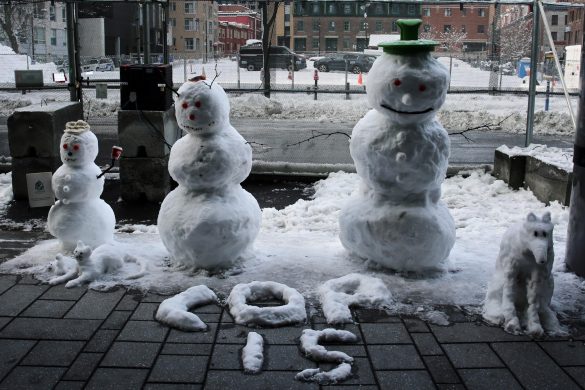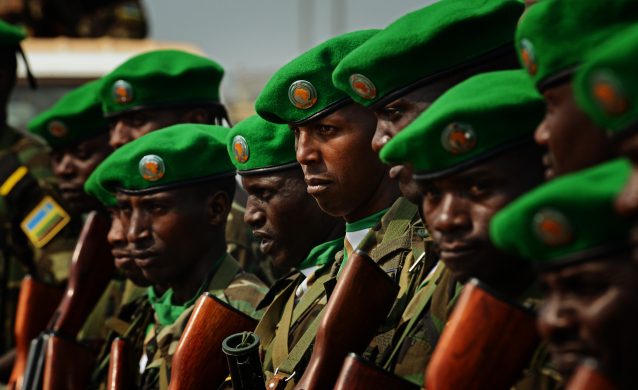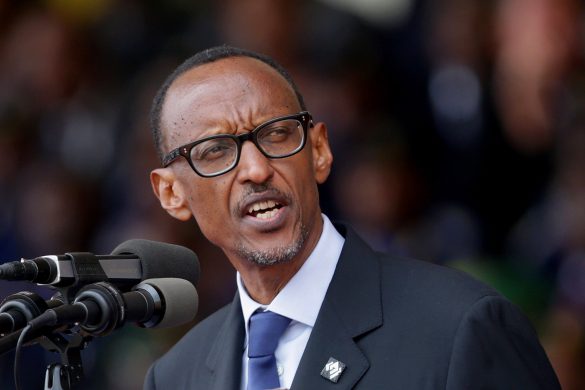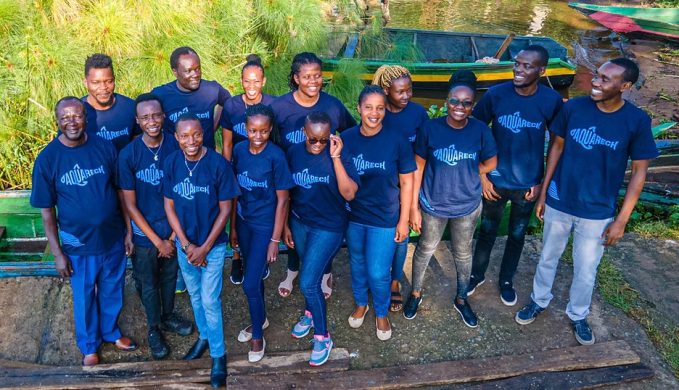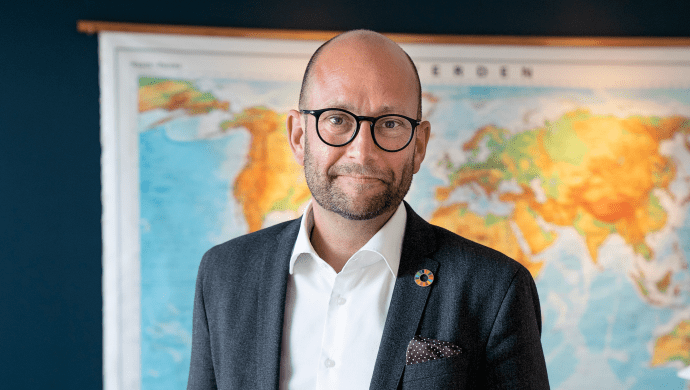Twenty-four years ago, on 7 April, ethnic Hutus in Rwanda began the frenzied slaughter of Tutsis, moderate Hutus and others in what is widely regarded as one of the darkest episodes in recent history.
In memory of the Rwandan victims – and as a sombre reminder of the international community’s failure to intervene – the UN observes 7 April every year as an “international day of reflection.”
“Today we remember all those who were murdered and reflect on the suffering of the survivors, who have shown that reconciliation is possible, even after a tragedy of such monumental proportions,” said Secretary-General Antonio Guterres in a message for the grim anniversary.
“Rwanda has learned from its tragedy; so must the international community,” Mr. Guterres said, expressing concern about “the rise of racism, hate speech and xenophobia around the world.”
“These base manifestations of human cruelty provide the breeding ground for far more evil acts,” the Secretary-General said, adding that he was particularly troubled by the systematic killings, torture, rape and humiliation of Rohingya Muslims in Myanmar.
The brutal persecution of the Rohingya, which has caused more than one million members of the ethnic and religious minority to flee to Bangladesh, was also first in the mind of Adama Dieng, the UN Special Adviser on the Prevention of Genocide, in an interview with UN News.
The horrific acts committed against the Rohingya will one day be brought before an international court, Mr. Dieng said, “and I have no doubt that they will be determined as crimes against humanity, as ethnic cleansing” and possibly as genocide.
Læs resten af artiklen hos UN News

